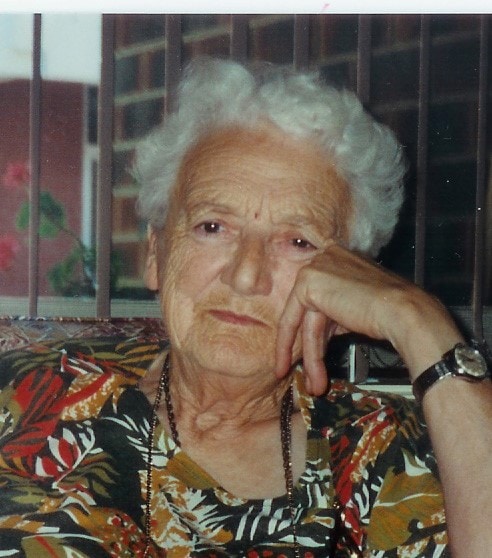
Mary Elliott
May 5, 2016The Anglican Mobile Native Mission (WA) Circa 1961
May 14, 2016Historically, state-run mental health facilities have been the mainstay of caring for people with serious mental illnesses, the reality was a lot of people ‘lived’ in those institutions for many years. A small number of people with serious mental illnesses need long-term hospital care, however nobody should require this level of care for ever.
Currently, the policy imperative of such treatment is to support each individual to return safely to his or her community, which, in turn, should have adequate support services to address housing, treatment and the social needs of the individual.
Affordable housing in conjunction with community based support services is a recognised method of support for those who may end up homeless or otherwise. The West Australian pilot of housing 100 long-term Graylands residents in their own homes with appropriate support services was a step in this direction. This pilot has been reviewed, but no report from that review process has been made public to date.
Ideally, the model provides a holistic, systemic approach to mental health service that keeps recovery central, sustains the dignity of the individuals and their families. Naturally, some people may require outpatient services in order to live independently and participate in the community, but this is not needed for most people with a mental illness. There is also an important role for step-down facilities, or transitional accommodation for people moving from institutional accommodation settings to independent living.
Unfortunately, there is not enough housing to meet the need and not enough support services to get people out of archaic institutions, keep them from experiencing homelessness and keep them out of jail; even though we know these services work.
The cost savings of keeping people out of the prison system are enormous. Alternatives to incarceration for people with serious mental illness are also critically important. The WA Government is to be commended for the work it has commenced in the pilot project that seeks to divert people with mental illness from the courts and criminal justice system. Clearly, the pilot is small, however, we look forward to a wider application of this in future years. People with a mental illness, who access this system, generally spend less time in jail and get more comprehensive treatment.
There are a range of other mental health services that are provided in the community. It should be noted that they are significantly less expensive than long term institutional treatment. WA should ensure these services and affordable housing have adequate government funding so that people with a mental illness can have full, healthy and safe lives in the community, with the right services.
People with a mental illness need supportive affordable housing with appropriate wrap around services.


